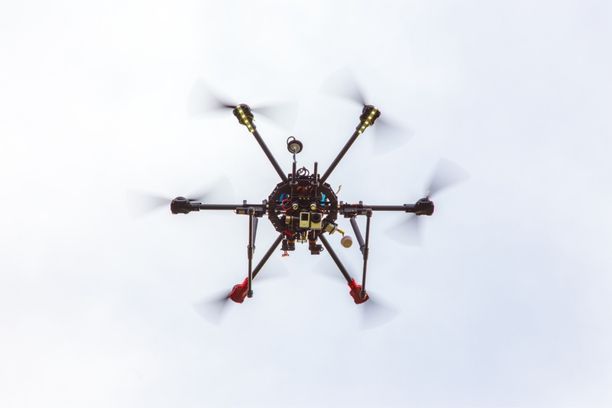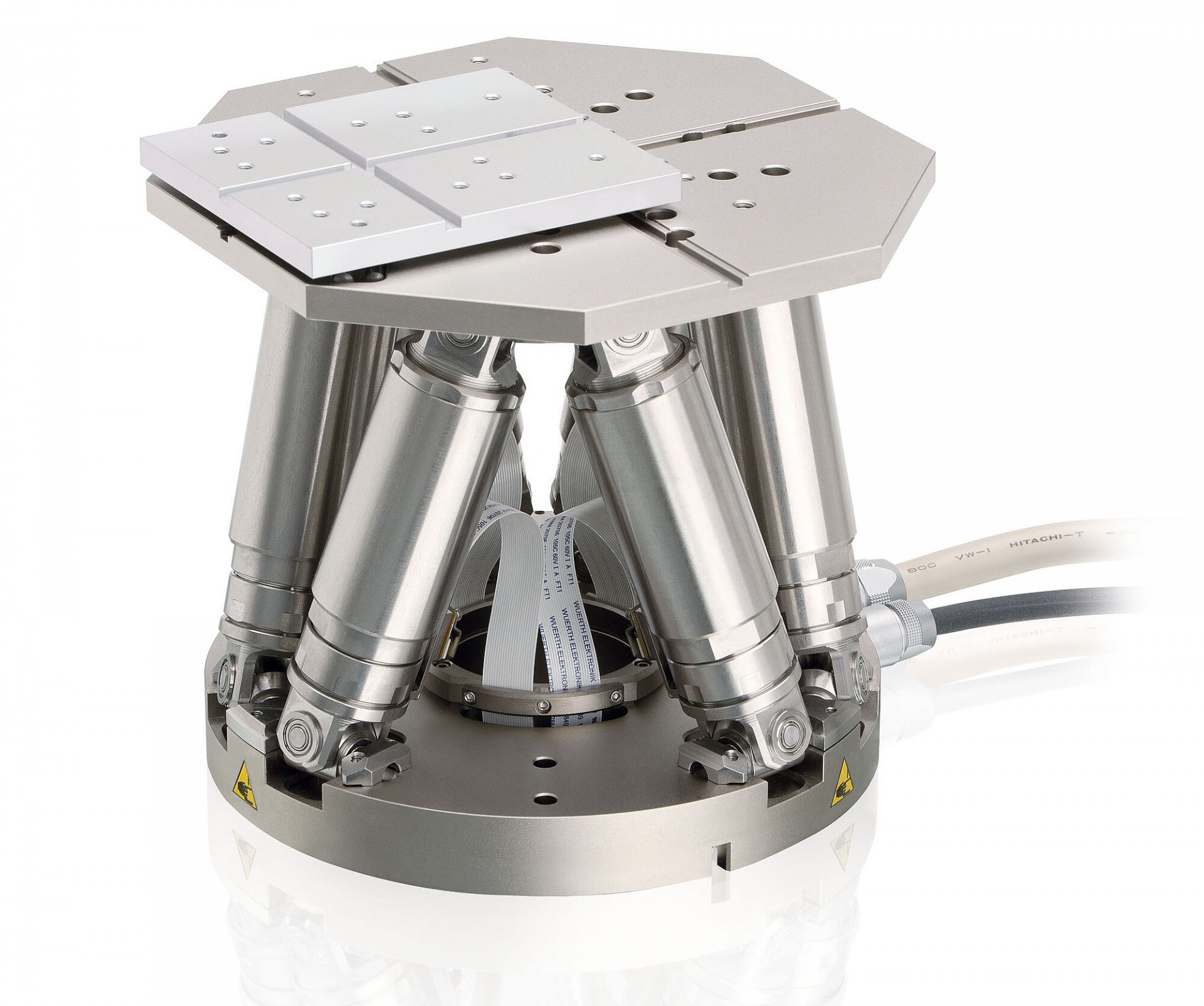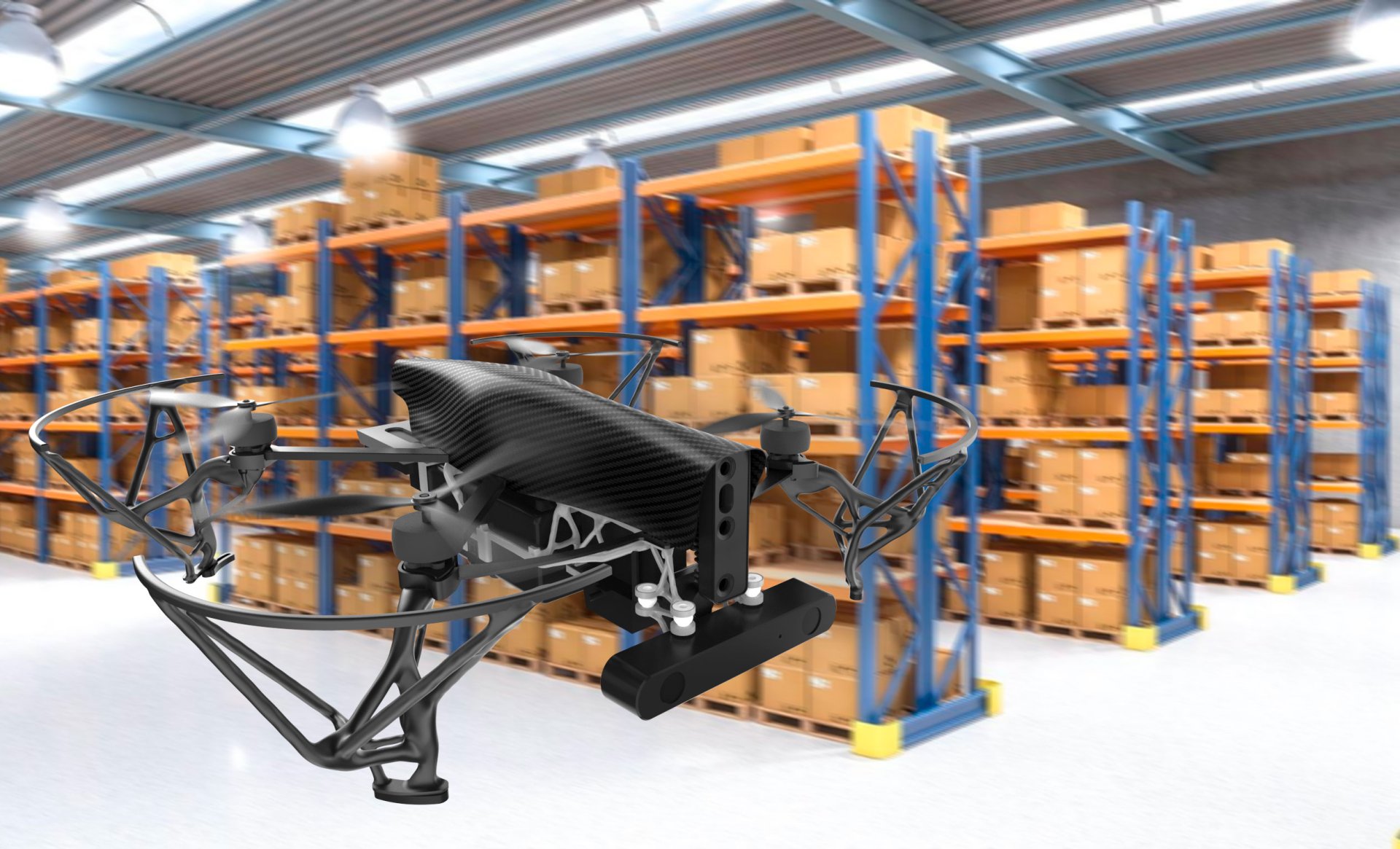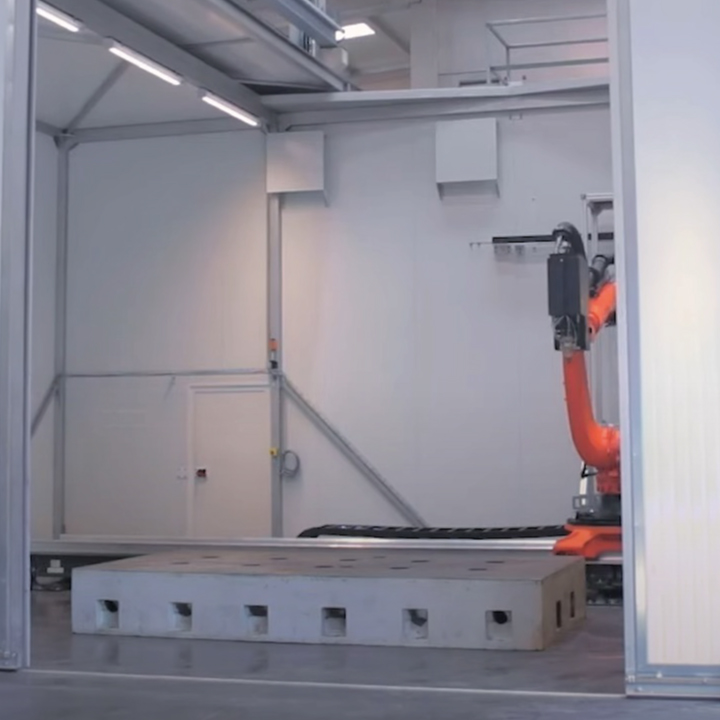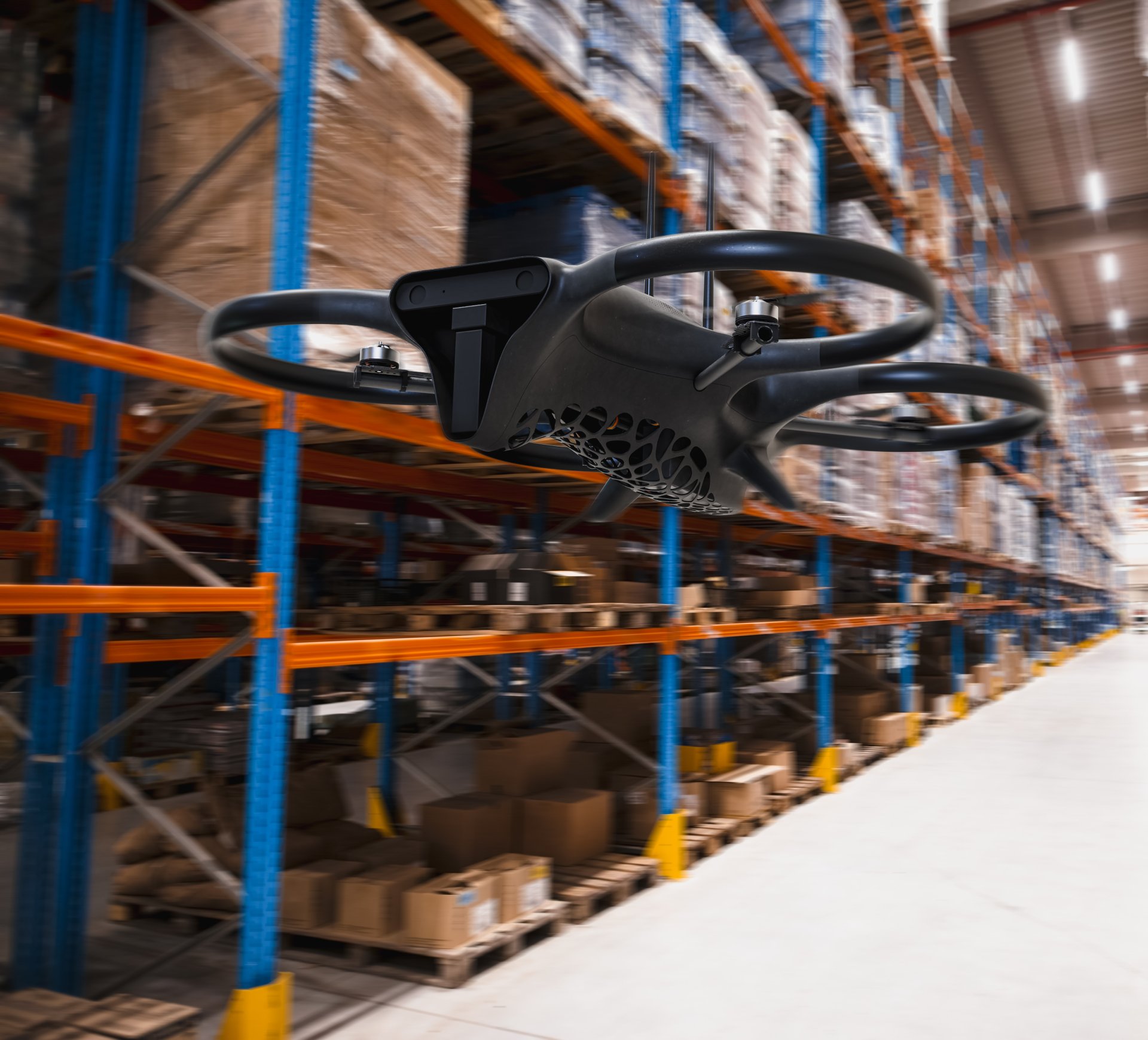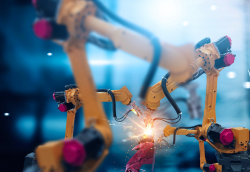Deep tech is what will power the next industrial revolution, driving the fourth wave of innovation with cutting-edge technologies, that are able to un-block industrial bottlenecks, having prevented traditional businesses from growing.
During the last decade we have seen the rise of a new industrial revolution called Industry 4.0, driven by new-generation information technologies such as the Internet of Things (IoT), cloud computing, big data and data analytics. Deep tech is what will power the next industrial revolution, driving the fourth wave of innovation with cutting-edge technologies like artificial intelligence (AI), additive manufacturing and 3D printing, virtual and augmented reality, advanced robotics and cobots.
Industry 4.0 allows an ongoing automation of the traditional manufacturing process and stands for a radical transformation in all the stages of the industrial value chain.
These technologies open new horizons for industry, allowing an ongoing automation of traditional manufacturing and industrial practices, to become more adventurous, more efficient, to improve processes and to develop innovative products and services. Industry 4.0 stands for a radical transformation in all the stages of the industrial value chain, from production, distribution and pricing policy to consumer relations and advertising – entailing significant organisational changes within companies.
Projects that are a reality: see our success stories
Although it is true that digital technology does not affect the fundamental essence of these industries, adopting new technologies has become vital to continue improving their production efficiency and competitiveness.
Venture capital investment into industrial tech has increased nearly ninefold in the past six years in Europe, according to a new report by Dealroom. European industry shows a clear trend towards electronics for automotive, security and energy markets, telecom equipment, business software, and laser and sensor technologies. However, many traditional sectors and SMEs are lagging behind. Charles Darwin’s theory on the evolution of the species is based on the observation that those adapting best to the environment, rather than the strongest, have the best chances of survival. New digital technologies have radically transformed the context in which companies operate so that, applying the theory of evolution to business, it could be claimed that only those firms that adapt best to the new digital environment will survive.

